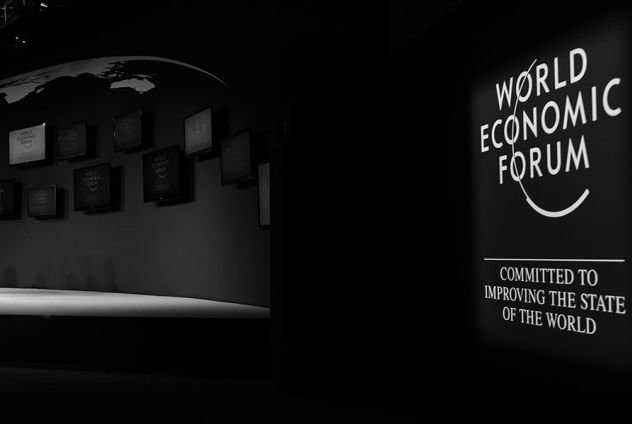I met Klaus Schwab, the Founder of the World Economic Forum in Washington, DC. Our meeting had been arranged by a headhunter who was helping the Forum recruit a new Director of Communications.
“Tell me what you think about the Forum, Charles,” Professor Schwab said.
“I think it’s a unique convener of top business leaders and important stakeholders who meet in Davos to advance the major issues on the global agenda.” (I’d done my homework).
Schwab listened politely. “Tell me what you really think,” he said.
“Well… I guess it’s mostly a ‘talk shop’.” (I was probably a little more diplomatic – I really did want the job).
Schwab went right to the point. “I know what people say, but the Forum is much more than that. We’ve accomplished a great deal, and I think we need to tell that story.” So that was the job I was hired to do.
In its 40-plus year history, the World Economic Forum has undergone spectacular growth and endured more than a little criticism. Some of that is from jealous outsiders wishing they could get an invitation. But much of it is from civil society, whose representatives complain Davos is where modern-day robber barons carve up the world for capitalism.
That criticism was at its peak when I joined the Forum in July of 2000. But the World Economic Forum weathered the anti-globalization storm and Davos continues to reign supreme as the Mother of All Meetings for the world’s elite.
If you’re a Davos newbie, here are a few observations and tips to consider:
First, this is Klaus’s meeting. He invented the World Economic Forum and he is still the host of the party. He is friendly, somewhat shy, and genuinely sincere about the Forum’s mission to ‘improve the state of the world.’ Once introduced, it is permissible to call him “Klaus,” following the informal rule of the event.
Klaus does not like to hear the World Economic Forum referred to as “the WEF.” (“It sounds like the sound a dog makes,” he once told me). He prefers “the Forum.” He also likes to refer to the Annual Meeting of the World Economic Forum as “the Annual Meeting” – “Davos is the town,” he says, “not the meeting.” But he knows he’s fighting a losing battle.
Second, you’ll probably arrive in Davos with a carefully planned agenda, but my advice is to be ready to improvise. You’ll meet someone on the bus who will invite you to a reception at the Seehof. (Go). Or you’ll fall in with a few tech entrepreneurs from India over coffee at the Belvedere. (Order a second cup).
Sign up for a few quirky, offbeat sessions that take you out of your comfort zone. If you’re the CEO of a pharmaceutical company, sign up for a session on Scottish Nationalism and the Future of Malt Whiskey. It will give you something to talk about at the Forbes party.
Finally, be prepared to enjoy the opportunity to bunk in with the world’s greatest collection of strange bedfellows. If you see Bianca Jagger, the CEO of Cisco Systems and the Executive Director of the UN Population Fund having coffee in the Congress Centre, pull up a chair. It’s what Davos is all about.

